Cloud-Native & OSS is thriving in Brazil
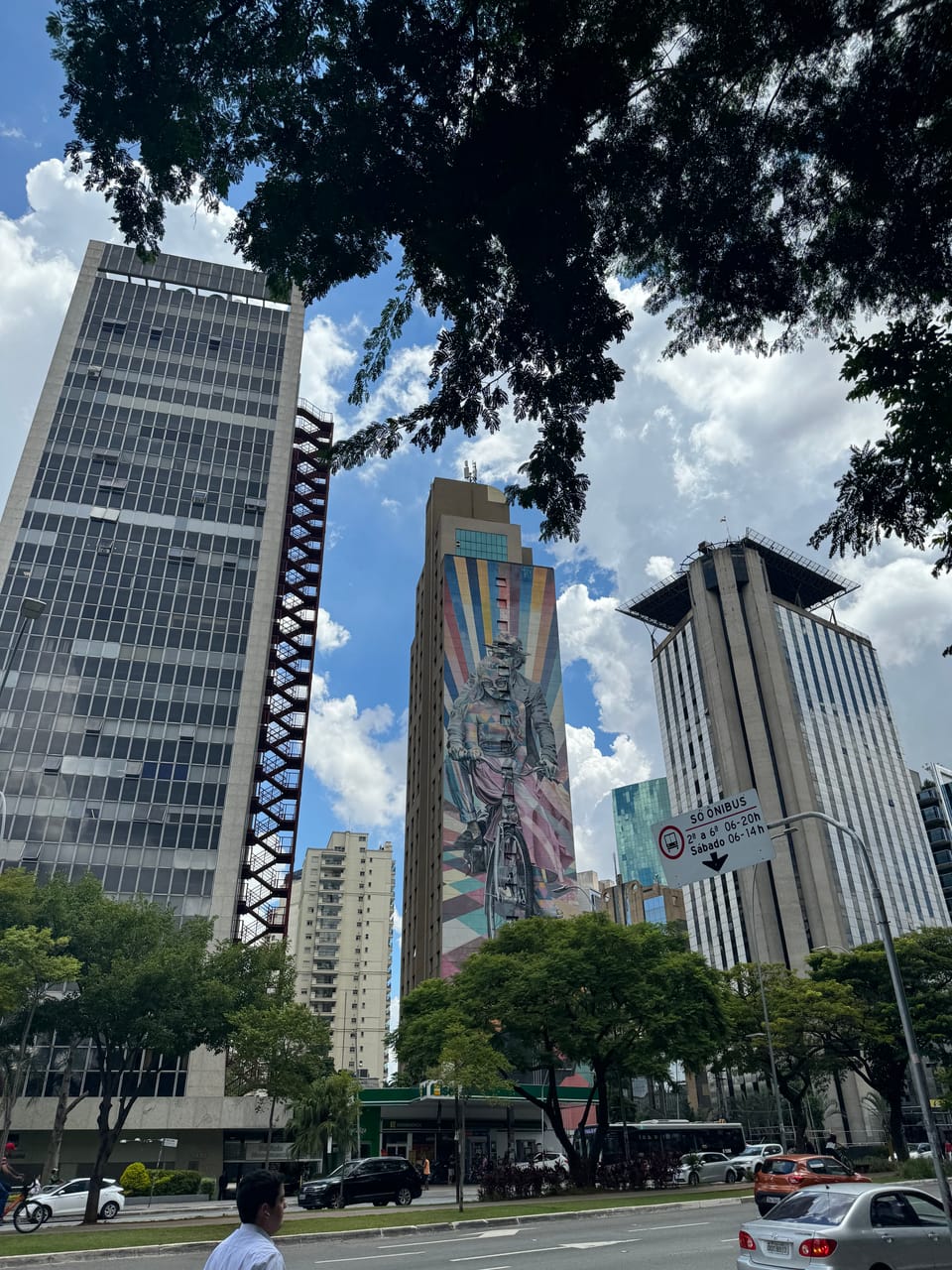
Last Saturday and Monday, I presented at two Brazilian events. The first edition of KCD Sao Paulo (sold out in less than an hour) hosted around 400 people, and a Sou Java meetup hosted by IFood with about 50 people.
I did two completely different presentations, one more focused on Platform Engineering and learning from Open Source projects, and the second a more practical session with my friend Matheus Cruz titled Dapr for Java Developers.
My overall impression of these events is that Brazil has a vibrant community that we (the rest of the world) cannot leave unexplored. At KCD Sao Paulo, I gained a better understanding of where Brazil is positioned compared with other countries around Open Source and Cloud Native and I was utterly mind-blown to see that Brazil is currently ranked number 4th and expected to overcome China in 2027.
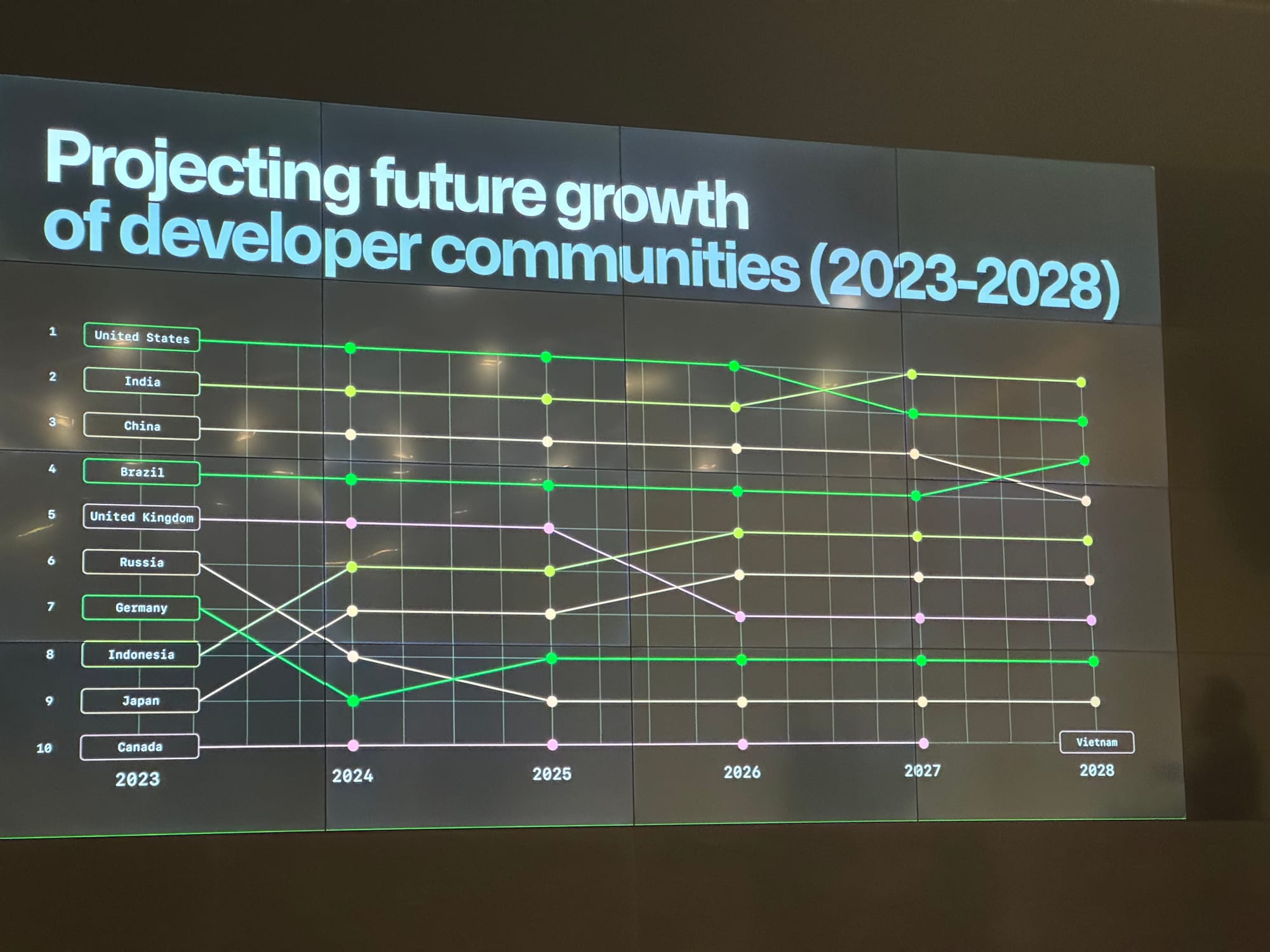
I always knew the Brazilian communities are big, but I've never looked into the numbers. Seeing KCDs happening now in the region made a lot of sense. I had the opportunity to meet other KCD organizers (Argentina, Guatemala & Peru), and it makes total sense that the region is catching up. When I looked at the previous graph, it made sense to me to, for example, have KubeCon Delhi, at the end of the year, as these are where communities are coming together to push Open Source projects forward.
With over 4 million developers on GitHub, I can only expect KCD Sao Paulo to grow bigger and better in the following years.
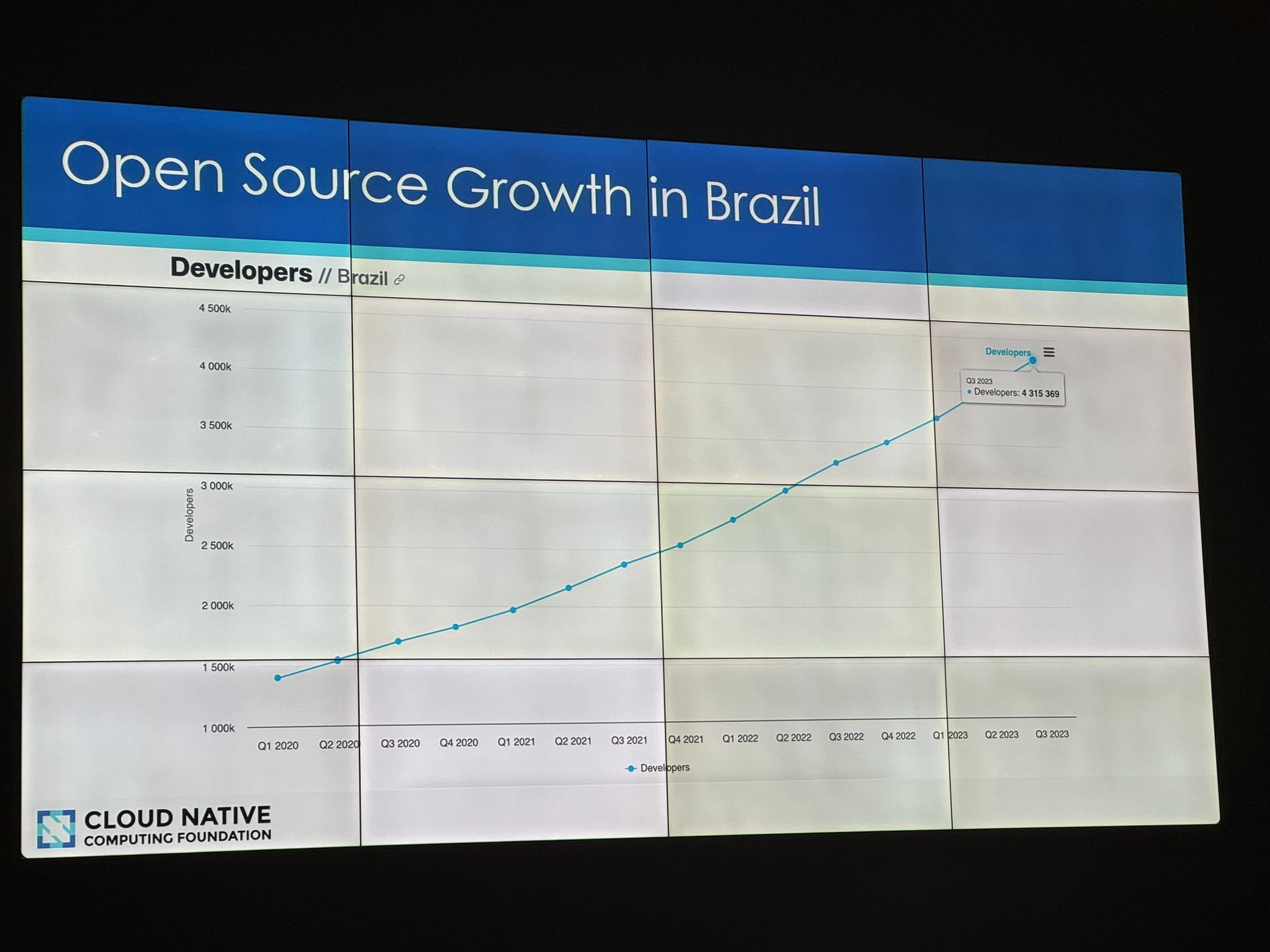
I will be keeping an eye on other KCDs in South and Central America, as I can feel that this is only the beginning.
Regarding the SouJava meetup, I don't have enough words to thank the organizers, who were always ready to help and promote the session. I had the pleasure of presenting with Matheus Cruz from Mercado Libre, who worked on the Dapr Quarkus Extension, so we can show the same application using Spring Boot and Quarkus alongside Dapr for local development.
Check my blog posts here:

And now also on Dzone:

Two important updates
Dapr has applied for Graduation at the CNCF. Check the PR from Mark Fussell, one of the project founders, to initiate the process. Adding reactions to the PR will help the CNCF to speed up the process, as the larger the community, the more important is to get this done for all the adopters.
These are significant news in the process of every Open Source project. I participated in the graduation of the Knative project, and I've learned a lot from the process.
On a completely different topic, the CNCF Book Club covering Platform Engineering on Kubernetes is happening tonight at 6pm UK time. This book club covers one chapter a week, so it is an excellent opportunity to read the book and join the stream to discuss every chapter.
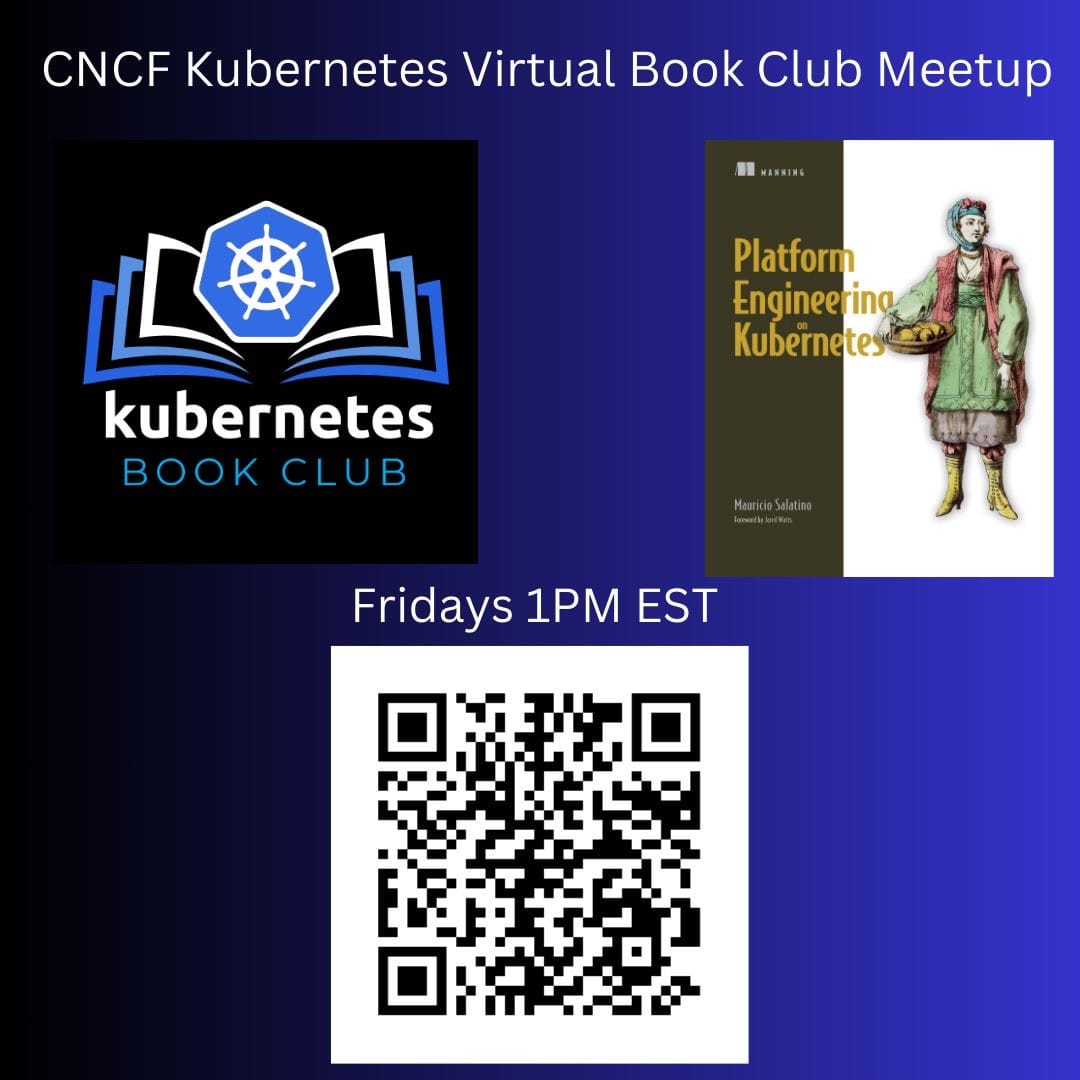
Slides
Some pictures

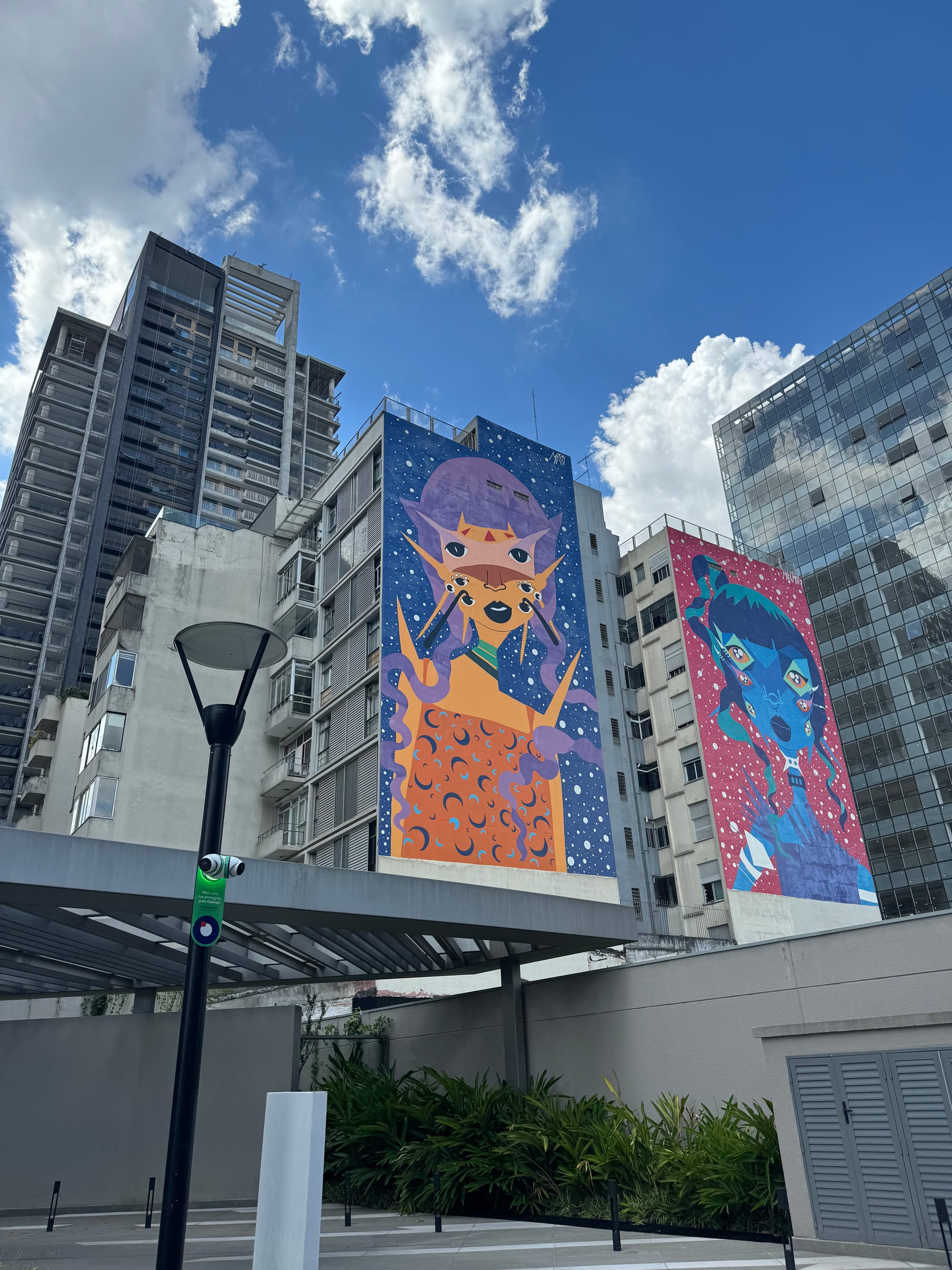
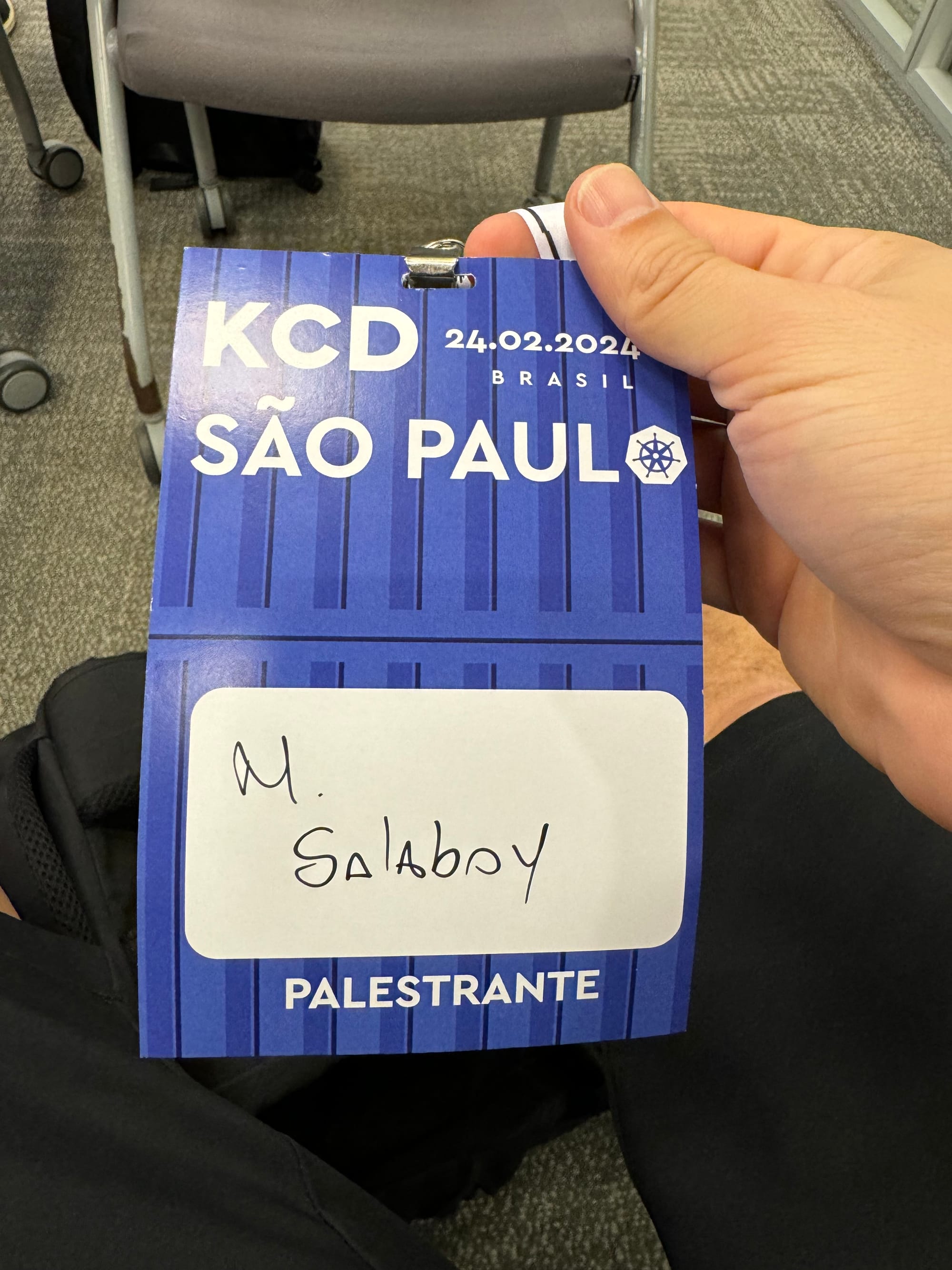
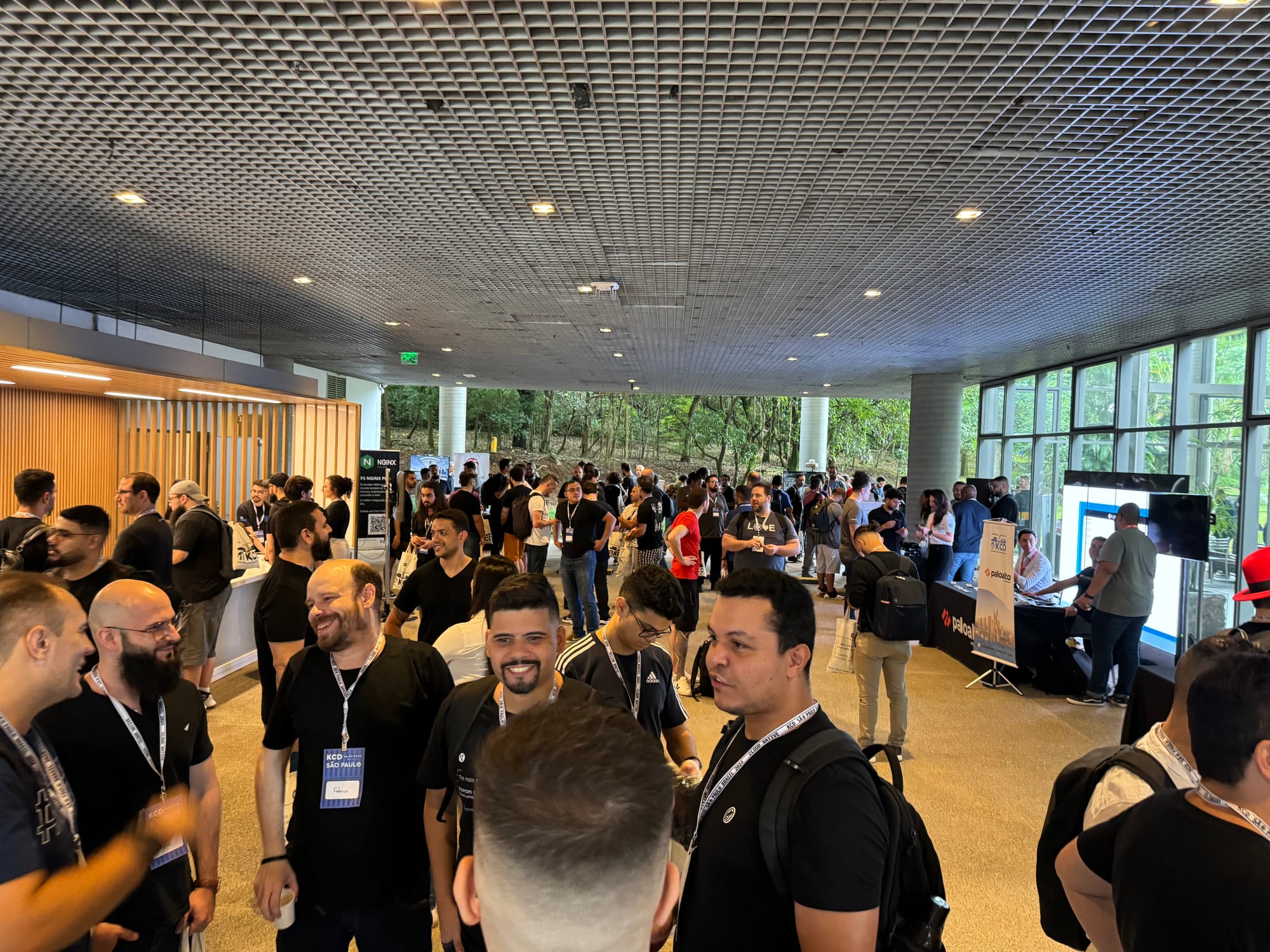
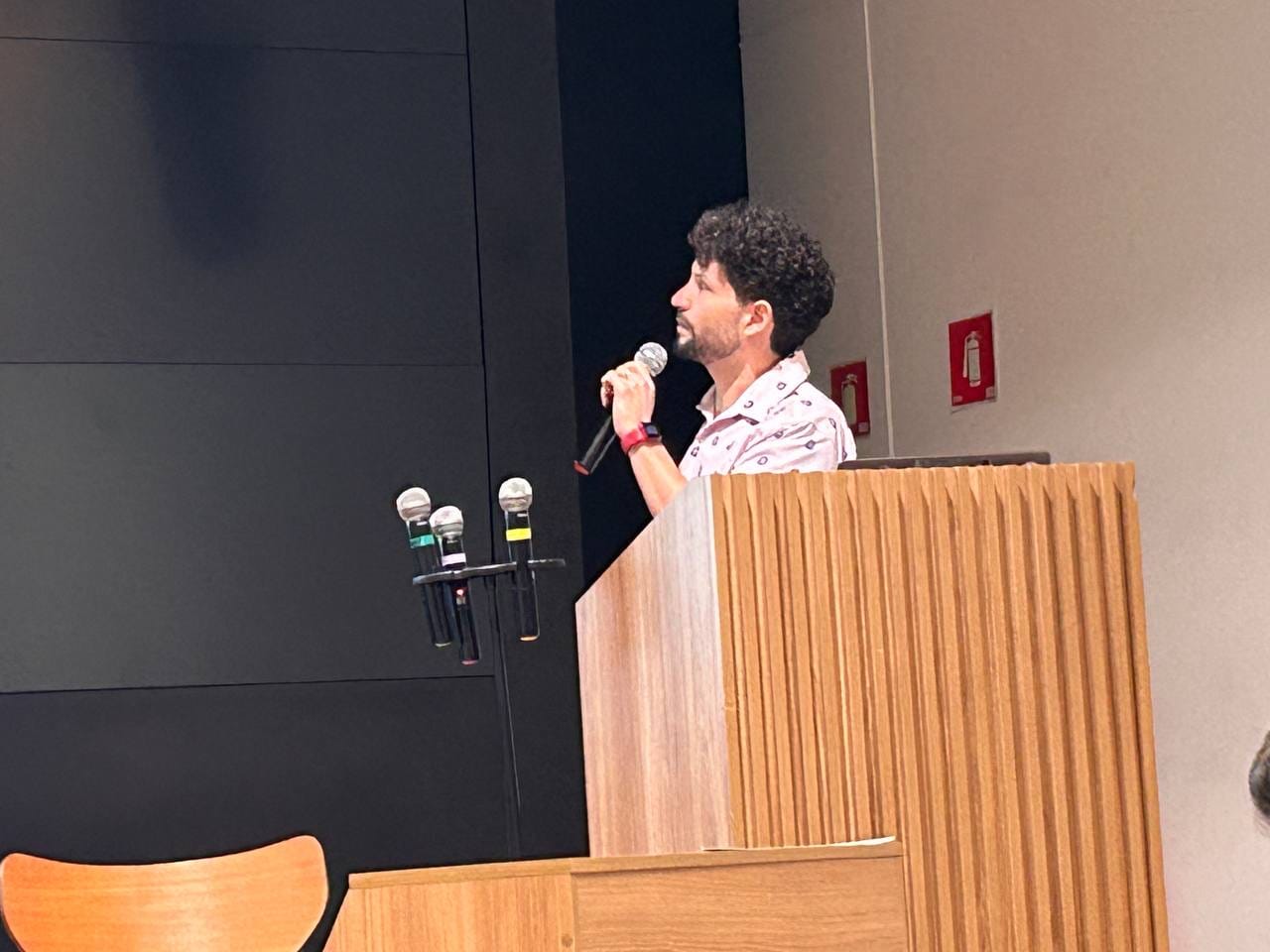
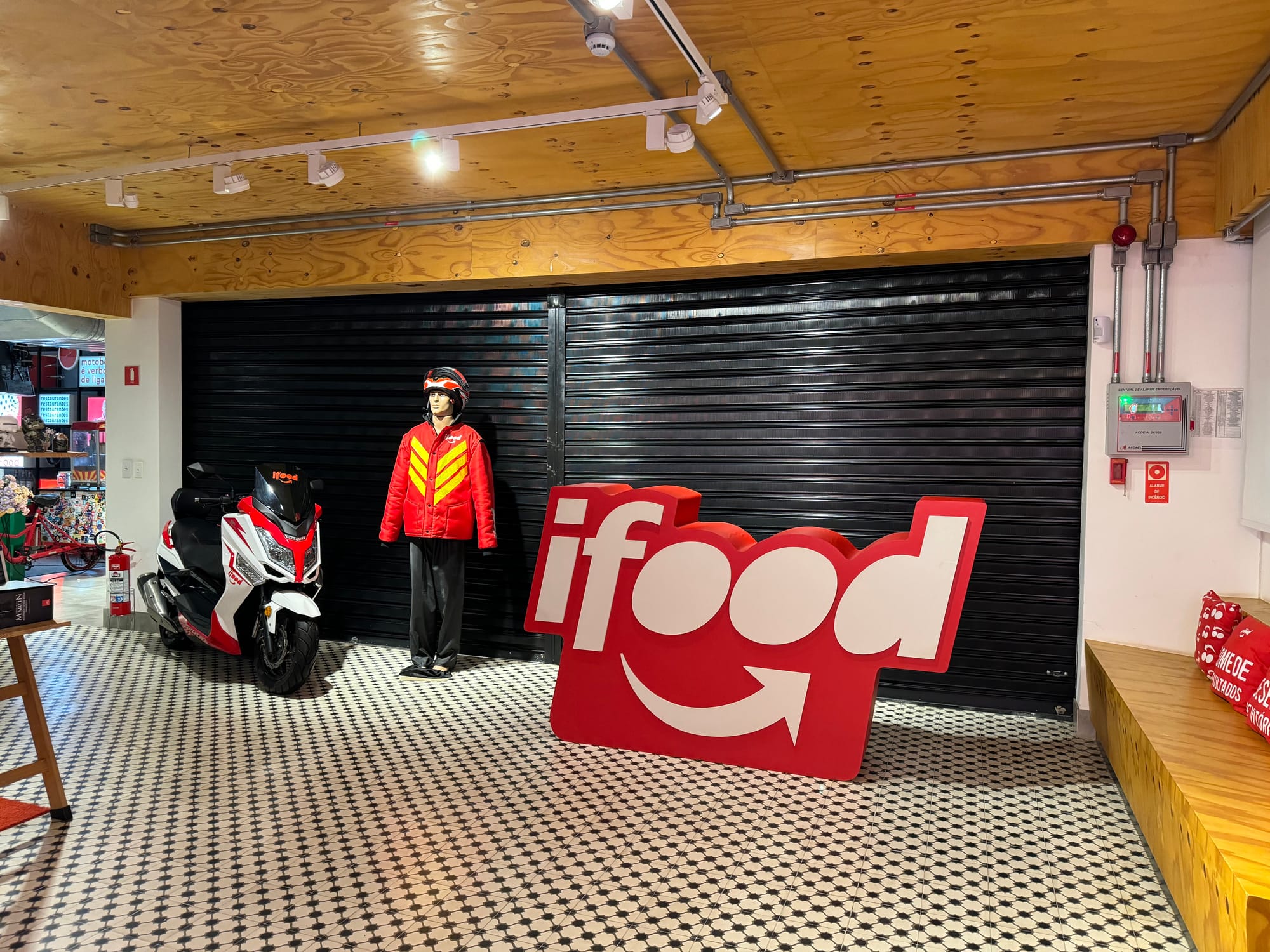

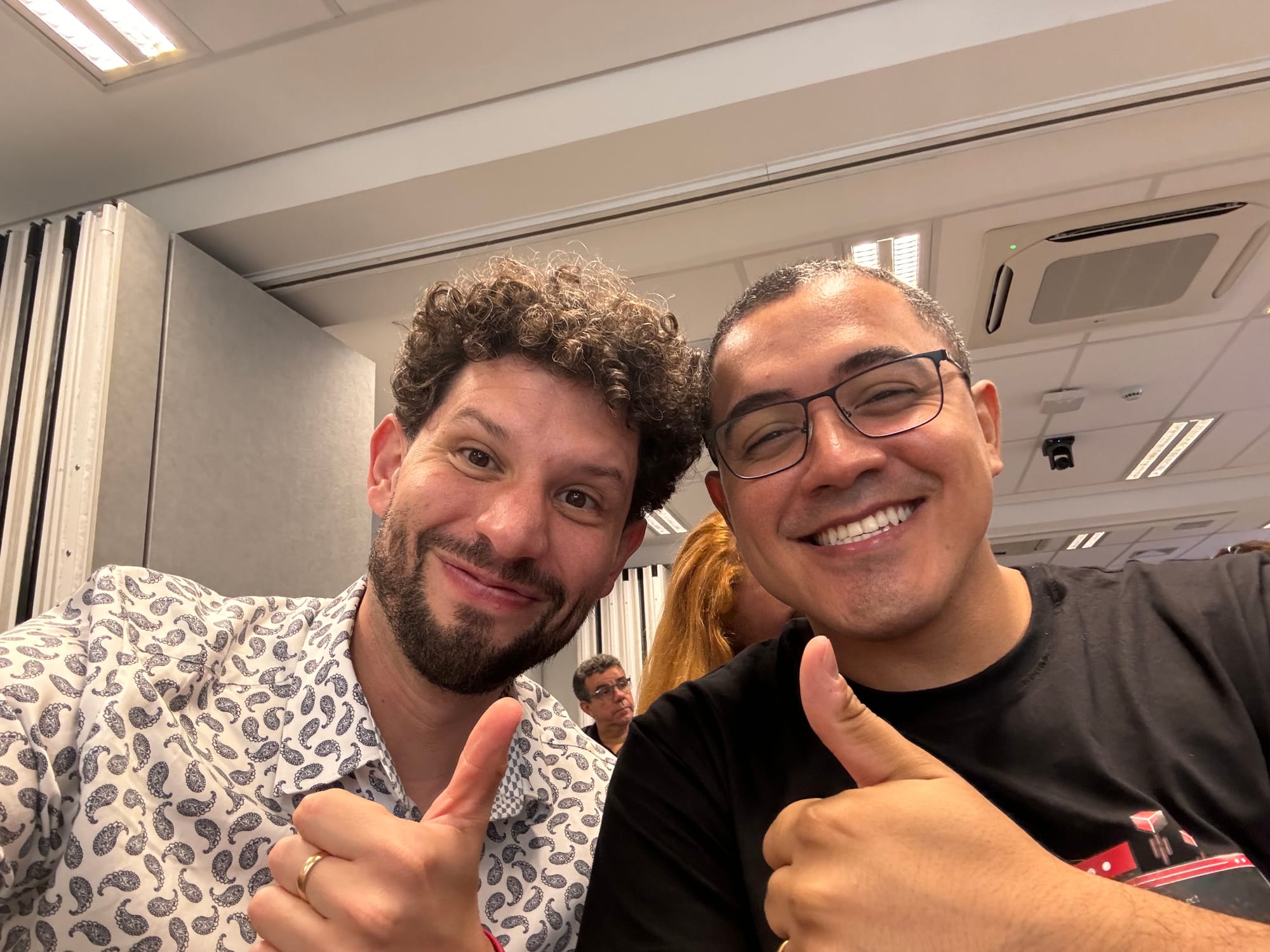
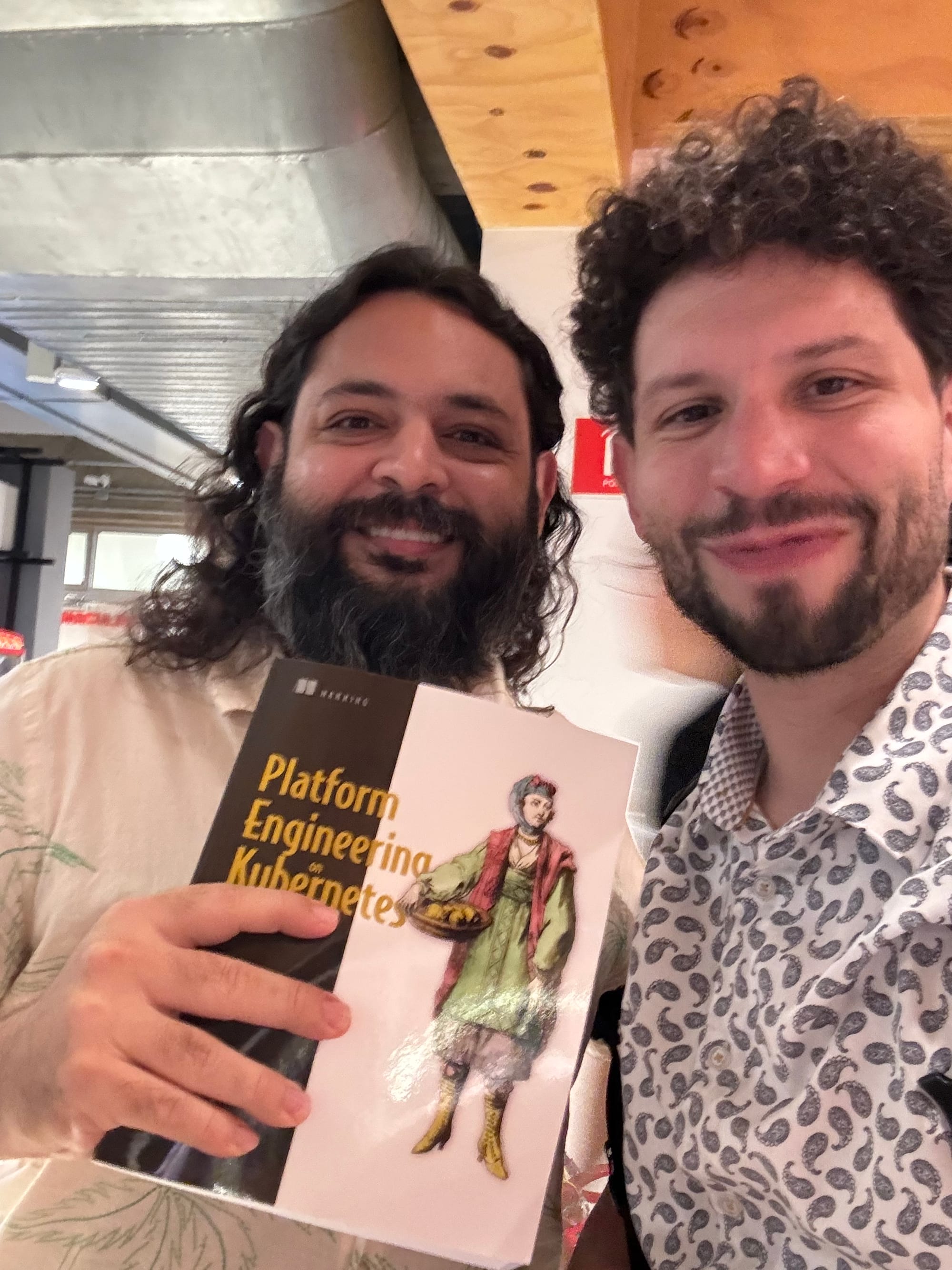
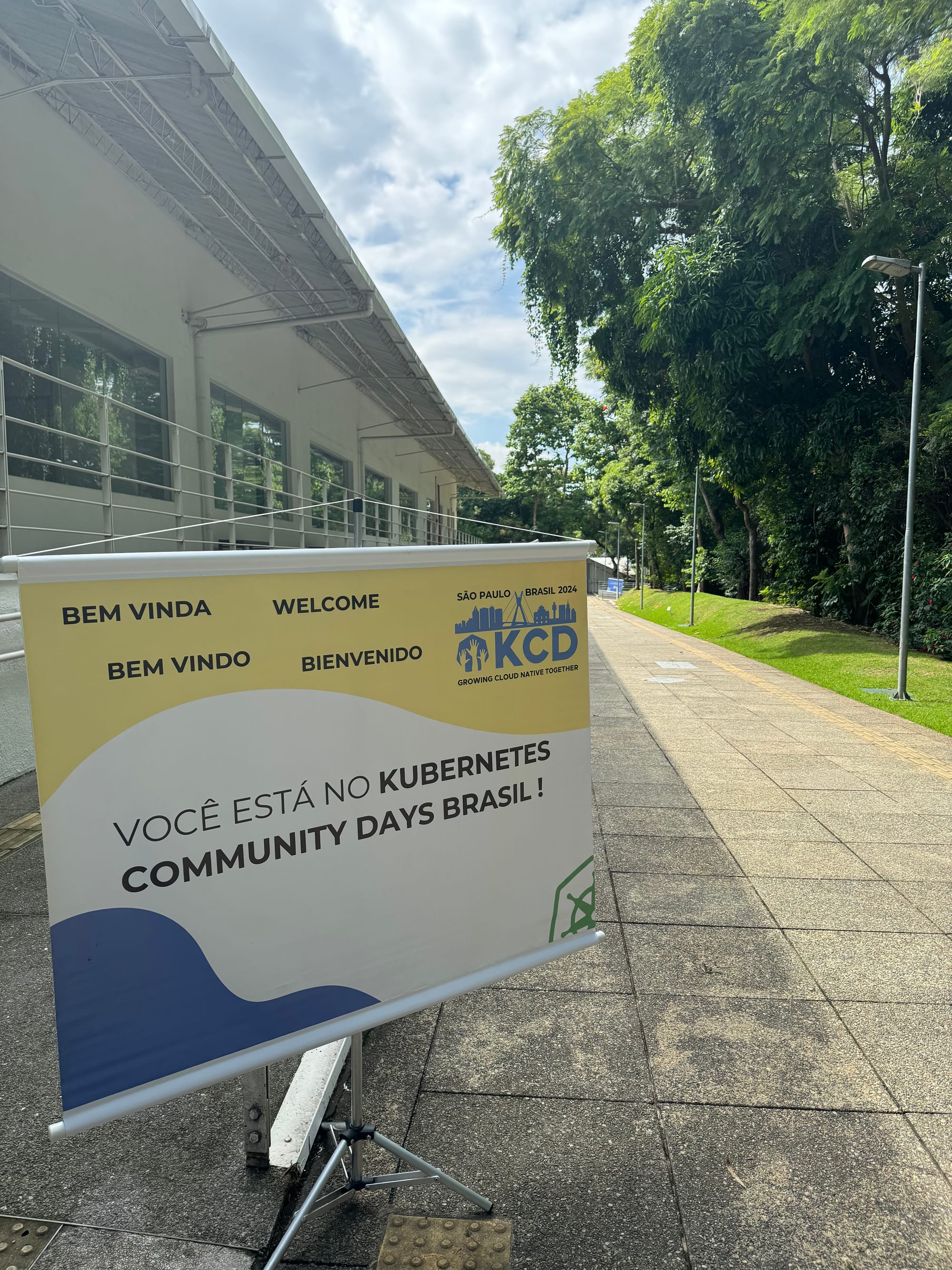
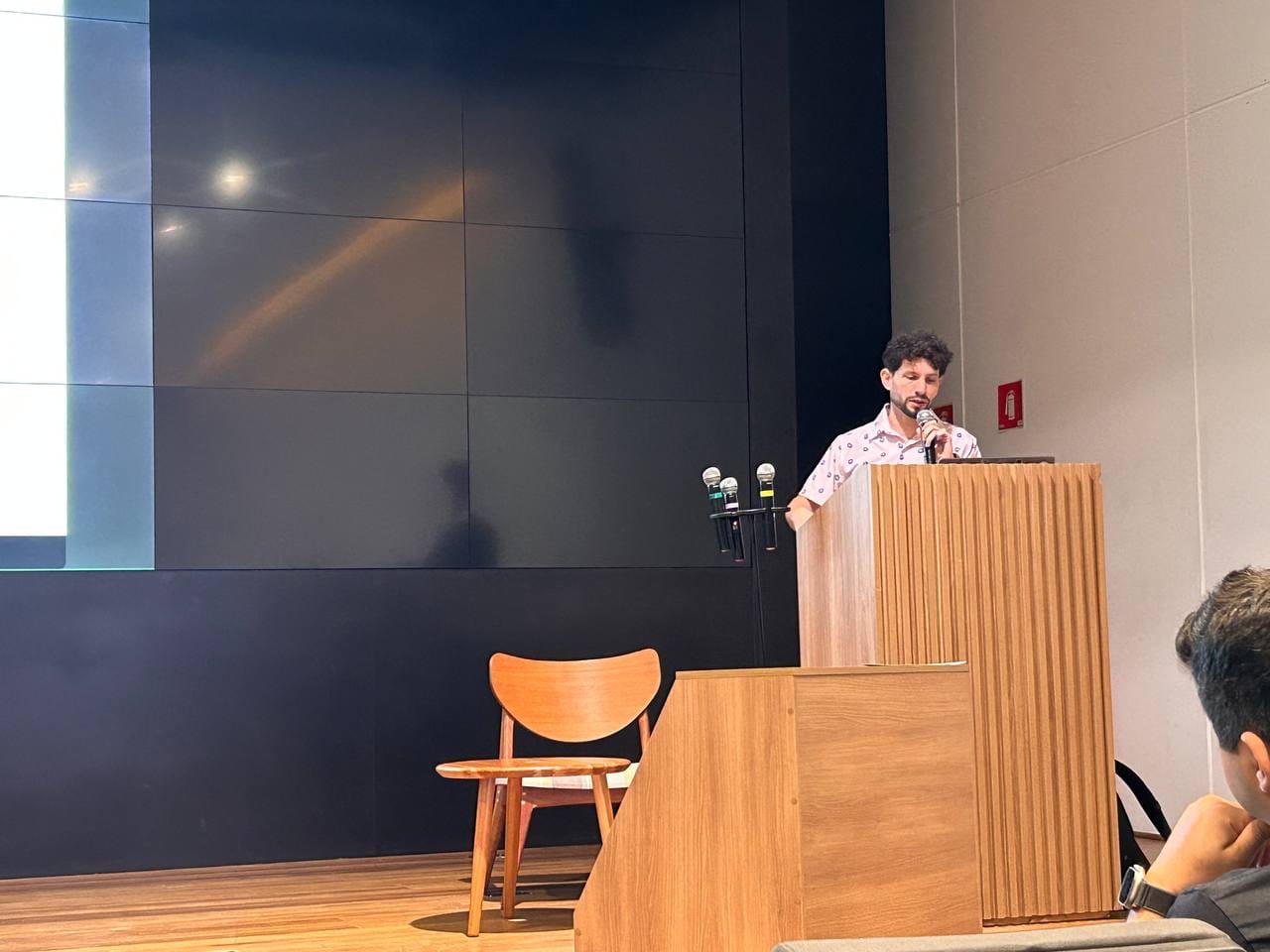

.png)
